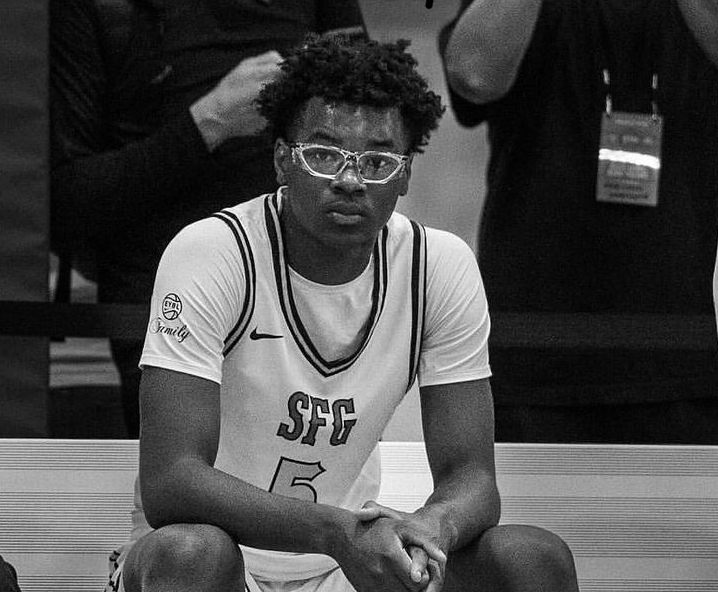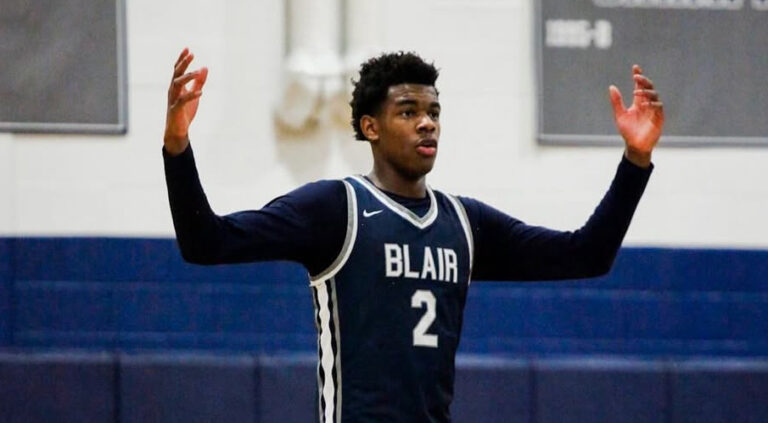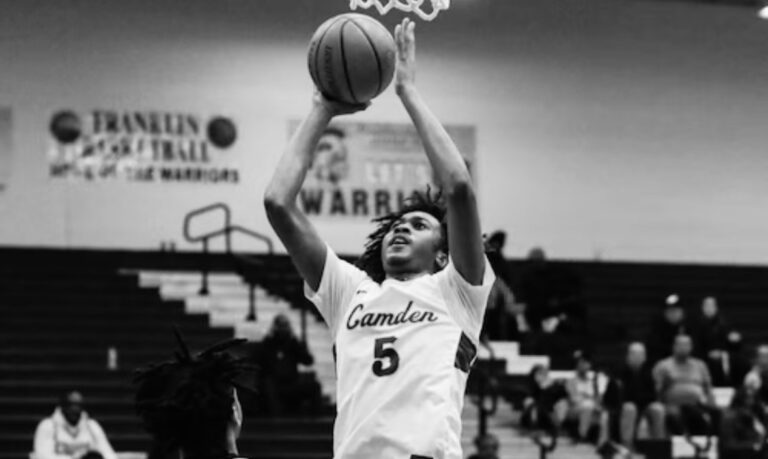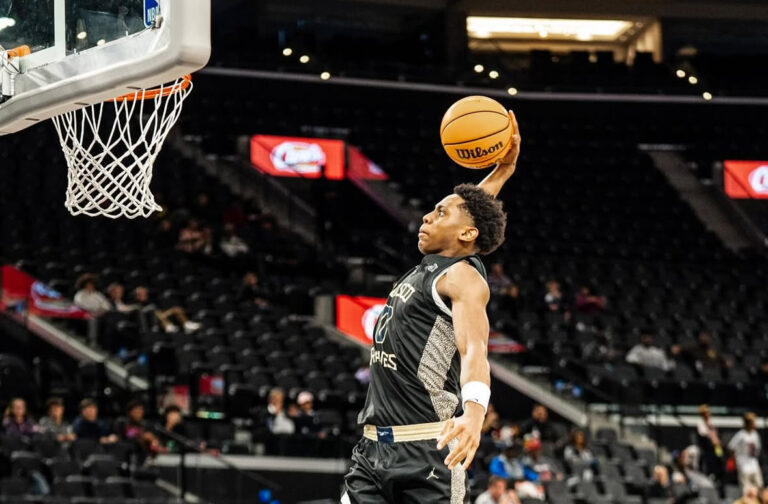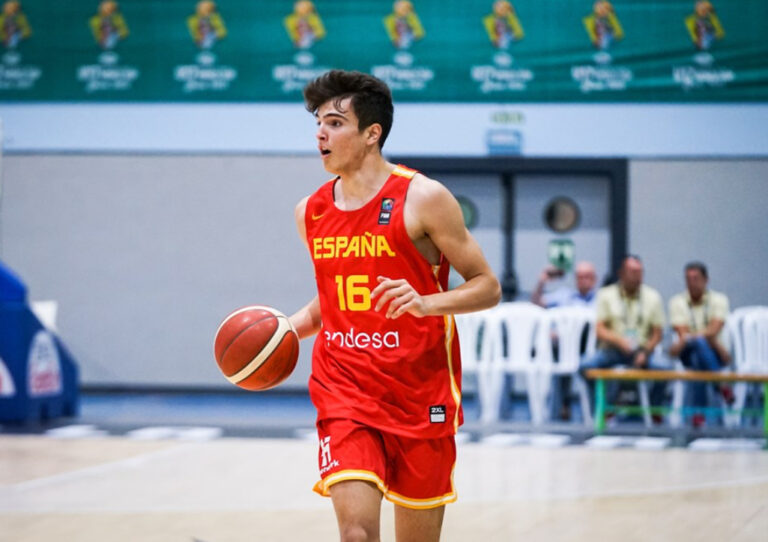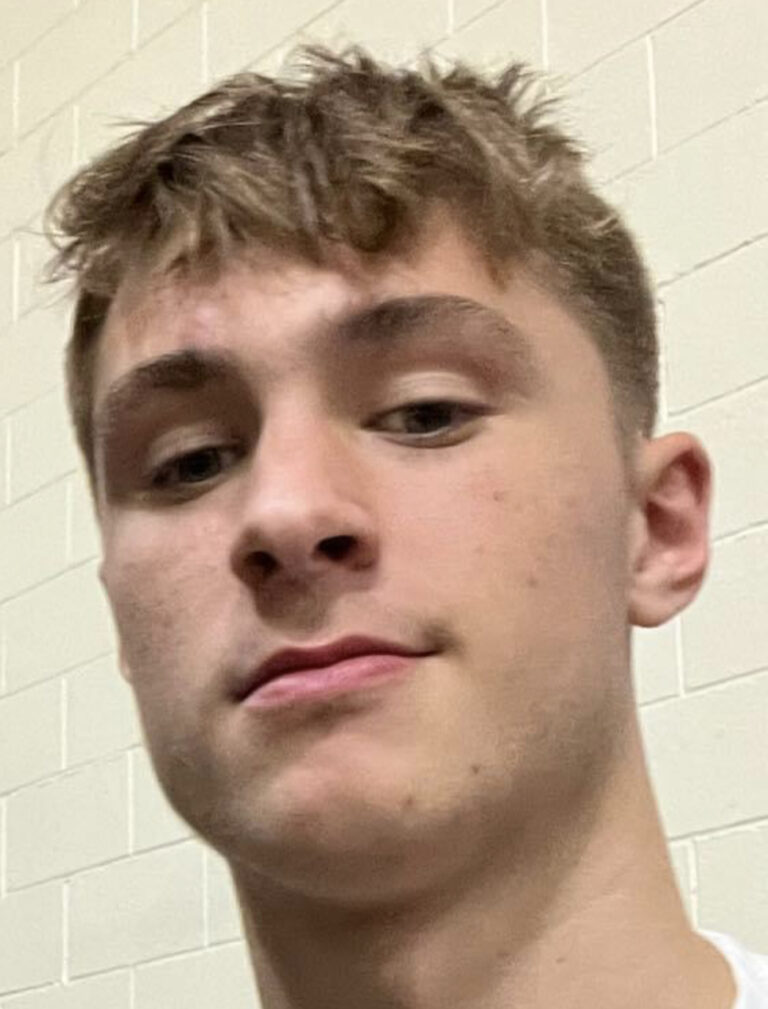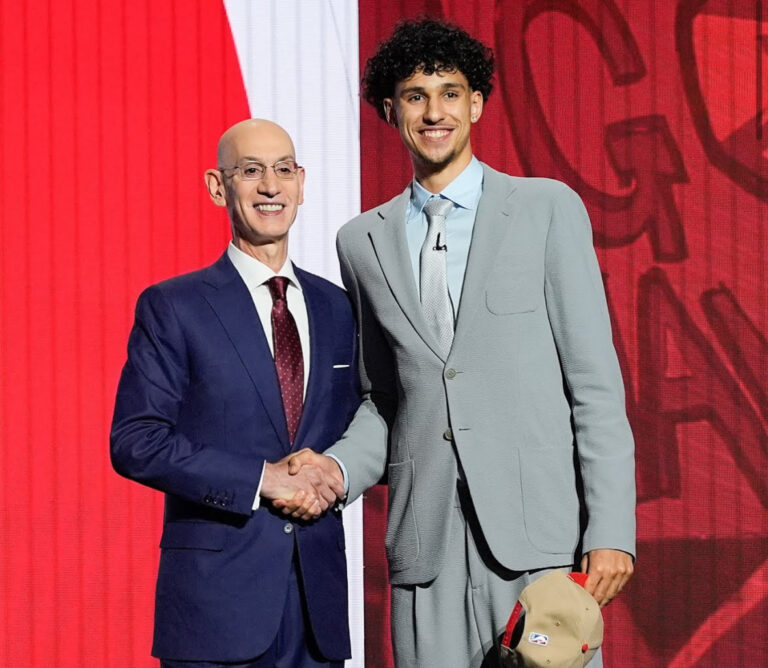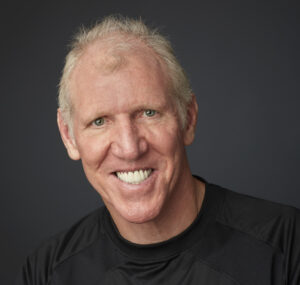Being the son of an NBA player inevitably creates its own set of advantages and disadvantages. Being the son of Lebron James takes those same advantages and disadvantages, and multiples them by an immeasurable amount. As a 4x MVP, 4x NBA Champion and 20x All-NBA selectee, Lebron James inevitably casts an inescapable shadow, but when evaluating his two sons, it’s important to keep in mind that Bronny and Bryce are their own men—no matter what their last name is.
Of Lebron James’ two sons, Bronny may be the one dominating the headlines right now as he prepares for the upcoming 2024 NBA Draft, but in the long run, Bryce may be the better overall prospect. Already measuring in at 6’6” at just 16, Bryce already has far superior length in comparison to Bronny. And while he currently only checks in at 185 lbs, all indications point to his frame continuing to fill out as he matures. Bryce is not the most explosive athlete, and lacks that next level burst that allows players to turn the corner and get downhill with ease.
With that being said, he does have a high skill level for his age, and while he is currently regarded only as a 3 star recruit, and is outside of ESPN’s top 100 prospects in the country, I’m willing to bet that the narrative around Bryce will change once his game and slender frame continues to mature.
Bryce James is by all accounts a late bloomer. After bouncing around to multiple schools during his high school career, Bryce has had a hard time establishing himself as an elite high school prospect. But despite Bryce’s slow start to his high school career, Bryce has undoubtedly shown significant and noticeable improvement over the years—just at a bit of a slower pace than many of his peers. While Bryce doesn’t currently project to be a star at the pro level, he’s shown enough—especially more recently—to look like a player capable of developing into an impact role player at the next level. Although Bryce still has a ways to go in his development, a player like Kyle Anderson—with a slightly smoother outside stroke—seems like a reasonable, albeit optimistic, pro comparison.
Where Bryce decides to play his collegiate basketball will surely play a seizable role in determining what kind of player he develops into. As of the time of this writing, Bryce currently remains uncommitted, but has offers from Duquesne, and Ohio State, among others. In the long run, playing for a smaller program where he is able to get as much playing time and on-court reps as possible may help Bryce’s overall development. If Bryce were to receive an offer from a bigger, more established program like Duke or Kentucky, he could risk his overall development being stunted. Getting lost in the shuffle is a real risk at top-tier college programs where there are so many other big-name prospects, and so many other mouths to feed.
While it remains a bit of a guessing game when it comes to Bryce’s true potential in the NBA, he undeniably offers an intriguing mixture of length, defensive versatility, and confident outside shooting. If Bryce is able to continue to make steady and visible improvements to his overall game, there very well could be a place for him in the NBA. While Bryce may not be the one-and-done college player it appears Bronny is in line to be, patience may prove to be a virtue for Bryce. While Bryce may never escape the shadow of his father, he nonetheless has a very real chance of being a very good pro player, and there’s no shame in that.
